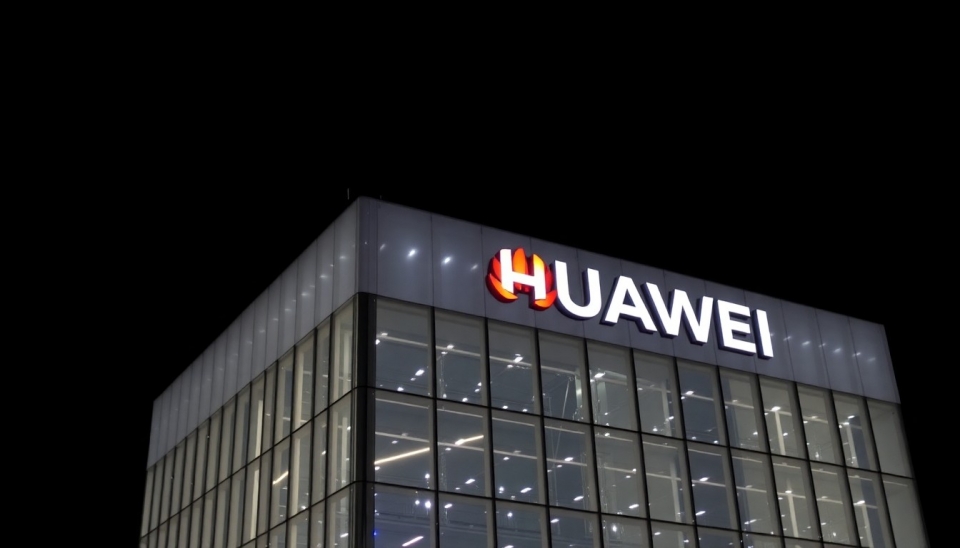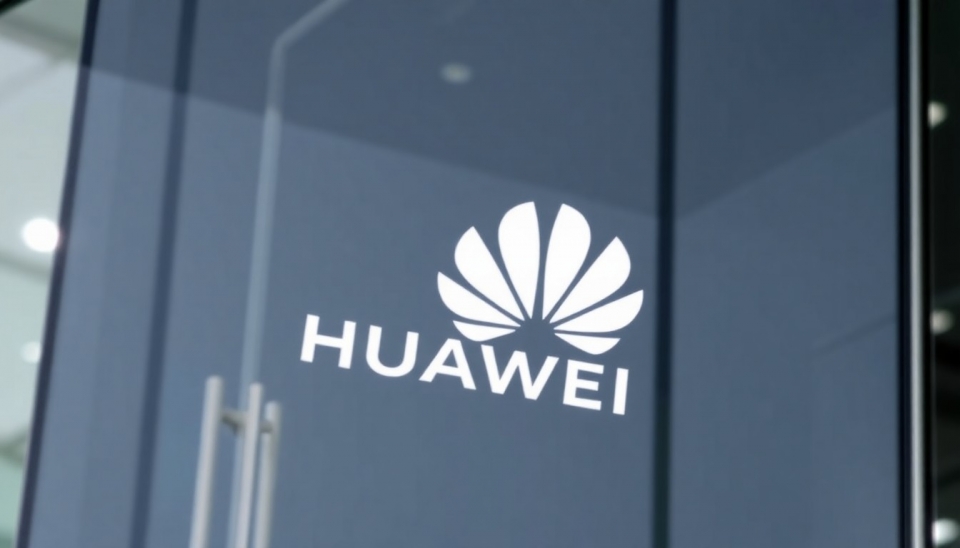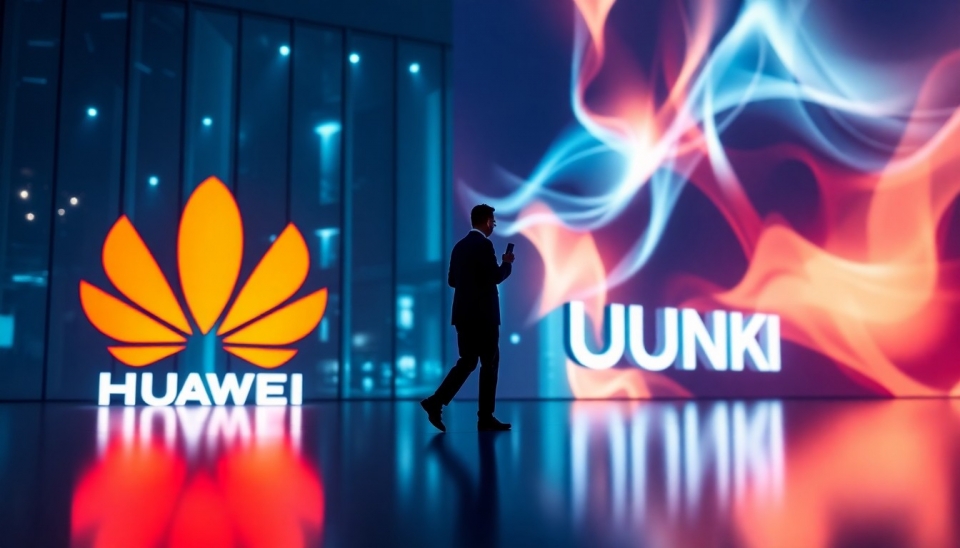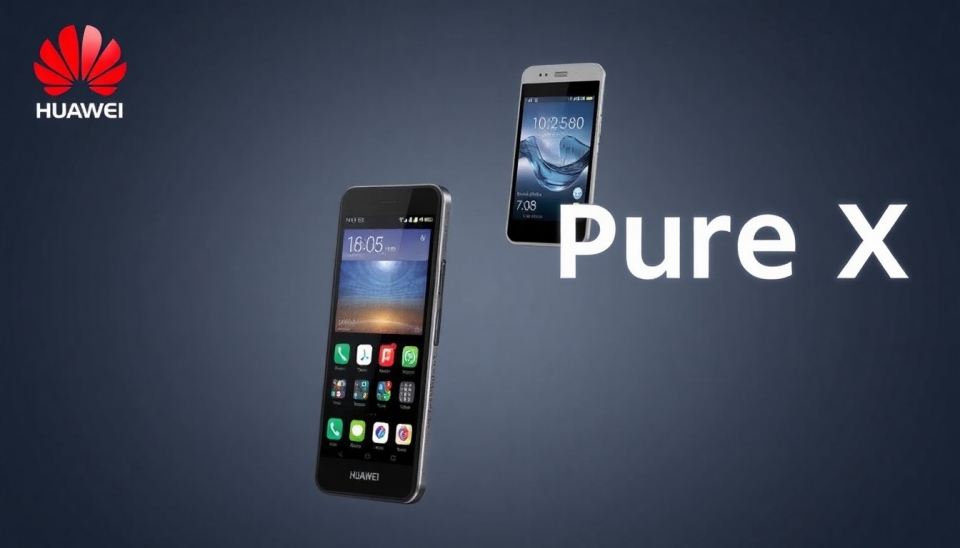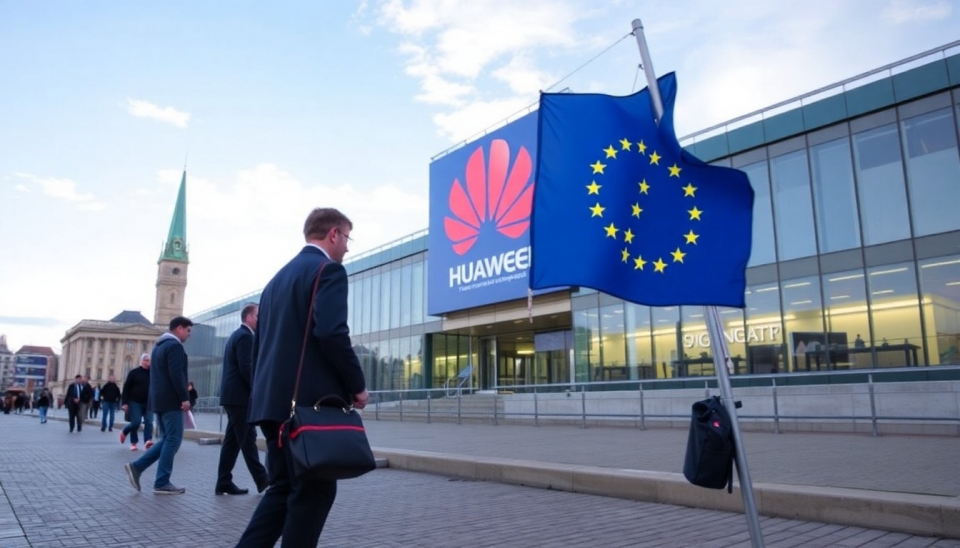
Amid growing concerns for national security and technological sovereignty, the Federal Communications Commission (FCC) Commissioner Brendan Carr and U.S. Senator Tom Cotton are on a mission to significantly weaken the Chinese tech giant Huawei's foothold in Europe. Their collaborative efforts underscore a strategic initiative aimed at countering perceived threats from foreign adversaries in the telecommunications landscape.
The strategic endeavor comes at a time when European countries are grappling with the implications of adopting advanced 5G infrastructure. As Huawei has positioned itself as a key player in telecom infrastructure globally, the U.S. administration remains skeptical about the company's ties to the Chinese government. This skepticism has led to the prioritization of national security over technological engagement with Huawei.
Senator Cotton, a prominent advocate for tough policies against China, emphasized the importance of European partners aligning with U.S. security interests. He stated, “If we want to protect our data and our freedoms, Europe must move toward secure alternatives to Huawei.” His comments were made during a recent press conference where Carr also voiced concerns about Huawei's influence, which he dubbed as a direct threat to both American and European data security.
As part of their campaign, Carr and Cotton are urging European nations to reevaluate their contracts with Huawei, proposing that they consider alternative vendors who adhere to security standards that mitigate espionage risks. The initiative appears designed to not only influence policy decision-makers across the Atlantic but to bolster the portfolio of American firms such as Qualcomm and Cisco, who are competing for technological dominance in the 5G space.
This latest proposal echoes previous measures taken by the U.S., which imposed bans and sanctions against Huawei, urging allies to follow suit. The broad goal is to create a technology ecosystem in Europe that champions security and innovation free from foreign interference.
Internationally, this initiative has garnered mixed reactions. While some European countries have begun to heed the warnings and reduce their dependencies on Chinese technologies, others remain hesitant, citing concerns about the economic ramifications and potential backlash from China. Huawei has long argued that it operates independently of the Chinese government, insisting that its products are safe and secure.
As Carr and Cotton embark on discussions with key European leaders, the outcome of their advocacy will likely shape the landscape of future telecommunications policies. With evolving geopolitical tensions, the dialogue around securing technology infrastructure continues to gain urgency, placing many nations in a precarious position of choosing between economic partnerships and national security.
In a dynamic global economy, the ramifications of these actions may reverberate far beyond the initial borders, influencing how future relationships will form between Western nations and emerging technology powers like China.
As we move forward, the stakes are not only high but exemplify the intricate link between technology, national security, and foreign policy in a world that is increasingly interconnected yet fraught with competition.
Beyond Huawei, there is a broader question looming: Can the U.S. and its allies successfully establish a unified front that not only undermines competitors but also fosters innovation and economic growth from the ground up?
With leaders like Carr and Cotton advocating for such a vision, the discourse surrounding technology, security, and international relations continues to evolve rapidly.
### Hashtags
#Huawei #5G #NationalSecurity #TechPolicy #BrendanCarr #SenatorCotton #China #Telecommunications #Cybersecurity #EuropeanAllies
Author: Liam Carter
